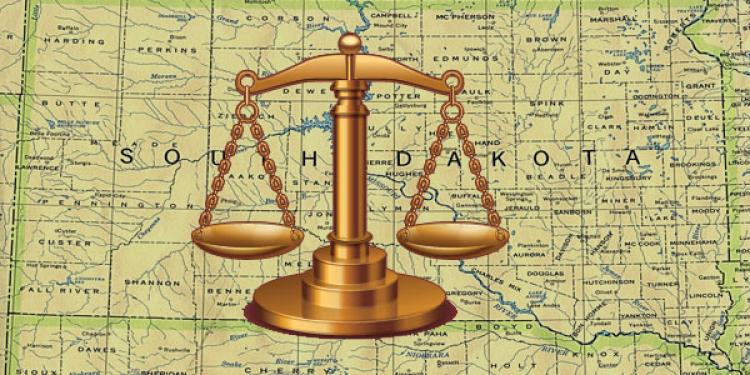AGs Discuss Online Gambling in the US
Posted: May 3, 2016
Updated: May 3, 2016

Former attorneys general and the representatives of private and government gambling organizations discussed the future of online gambling in the US.
A panel of gambling experts and attorneys general discussed the dangers of online gambling and its impact on brick-and-mortar casinos at The Lodge at Deadwood Gaming Resort. The USD 240 billion online gambling in the US provides more than 1,7 million jobs for the states. However, there are an estimated USD 150-500 billion illegal gambling market, including online and mobile casinos.
Andrew Abboud, Senior Vice President at Las Vegas Sands, believes that the legalization of online gambling in the US would be bad public policy. Abboud said that Las Vegas Sands opposes online gambling not because of competition, but because of its possible dangerous effects on children and the economy.
Abboud warned that internet casinos can take away the jobs of millions at brick-and-mortar casinos. Furthermore, since it’s hard to regulate, online gambling can be easily accessed to minors. He also mentioned that online casinos might use shady techniques to scam their players.
”We have very comprehensive, responsible gaming programs. Those who fall victim to shady sites have few avenues for recourse, if any.”
Land-based casinos against online gambling in the US
“The lion’s share of illegal gambling comes through sports betting,” said Whit Askew, vice president of government relations for the American Gaming Association (AGA). Currently, online sports betting is illegal in all states, except Nevada. However, based on the AGA’s numbers, 80% of Super Bowl fans want to change the online betting laws in the US.
According to Askew, sports fans wagered more than USD 14 million during the Super Bowl and March Madness. Only 3% of these bets were legally placed. US gambling news report that online sports betting is increasingly popular, mostly because of daily fantasy sports sites, such as DraftKings and FanDuel. Deadwood Gaming Association executive director, Mike Rodman, blamed the state’s late response:












